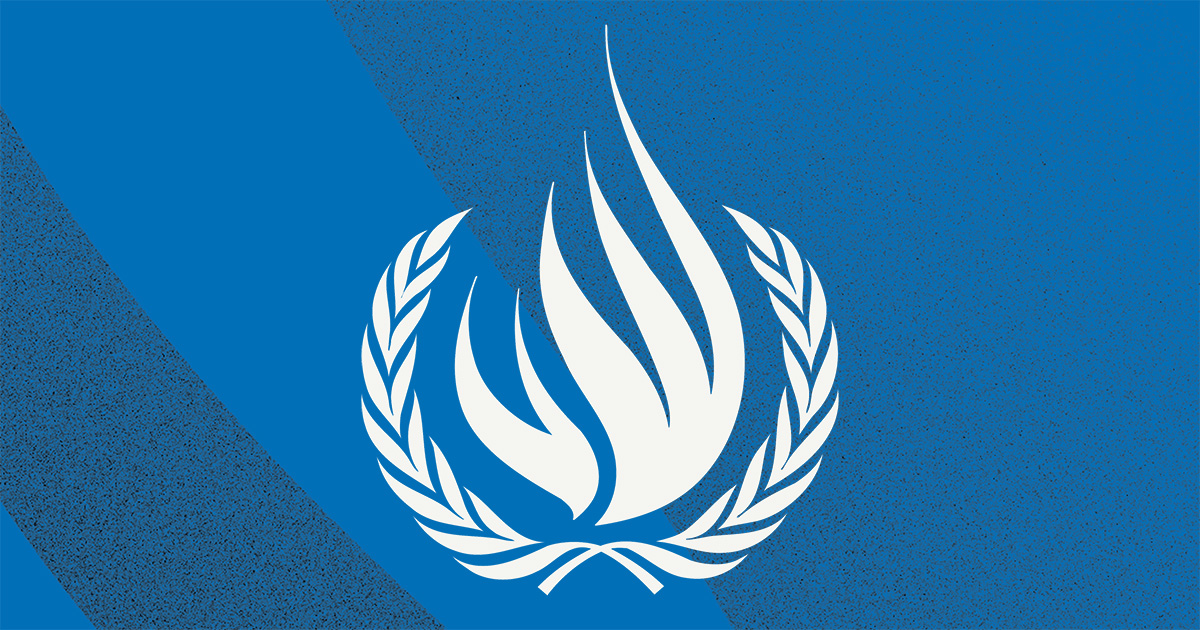
he first time many Americans heard about Larry Kramer was from an interview he gave to NBC News in 1983, in which he spelled out for journalist Jane Pauley what, exactly, was happening to the gay community.
Pauley asked him how many friends he had lost to Aids. Kramer’s reply: 20. Pauley seemed genuinely shocked at that number and repeated it back to him, as if to make sure she wasn’t mis-hearing.
“Can you imagine what it would be like if you had lost 20 of your friends in the last 18 months?” he asked.
And then he spoke the truth he wanted the American people to hear: “There’s no question in my mind, if this were happening to you and the white, straight middle-class community it would have been attended to a long time ago.”
With that interview, Larry Kramer staked out the terms upon which the war over Aids would be fought. He never backed down from it in the 37 years that followed.
Of course, in 1983, Larry Kramer was no stranger to the New York gay community. His 1978 novel Faggots, in which he described the community as he had experienced and observed it, anal warts and all, made him persona non grata. While Kramer considered himself a truth-teller, many considered him a traitor. The book was banned from the Oscar Wilde Bookstore, Kramer was banned from his local grocery store on Fire Island. And yet, it’s still read by young gay men today.
The first time I began to seriously engage with Kramer’s life and his work was from reading a 2001 article in Newsweek magazine whose headline was: The Angry Prophet is Dying. Describing the liver disease that was a result of his HIV treatment, the piece featured a photo of Kramer in his underwear, his belly distended, as if “pregnant with triplets”.
Quoting an infectious disease specialist who predicted Kramer had “18 months or a year, maybe less” to live, the piece read as a pre-obituary, preparing its readers for the imminent demise of this titan of gay rights. Ever the contrarian, he lived another 19 years. No one was going to tell Larry Kramer when the fuck to die.
Larry Kramer was that rare beast in American letters: a full-time writer and a full-time activist. The two often overlapped but they always remained distinct. The closest amalgam I can think of to him was James Baldwin and, before him, perhaps Edward Carpenter.
It was with his Roman candle of a play, The Normal Heart, that his two lives most directly intersected. There isn’t much that makes me wish I had been an adult in the 1980s, but being able to have seen that original production at the Public Theatre might have been a strong inducement. I cannot think of another play in my lifetime that captured the spirit of a time (by the throat) as blisteringly alive as that play did. One feels as though it must be read with oven mitts.
Nancy Piccione, the director of casting at Manhattan Theatre Club, once told me a story about being the casting associate at the Public when The Normal Heart was about to go into production. In those days before emails and PDFs, actors would travel to the theatre and check out a copy of the script, as if taking it from the library. Nancy told me of the actors who would return their copy to her, shaken to the core by what they had just read. On more than one occasion, an actor told her they couldn’t audition for the play because it would be too painful to perform in it.
I met Larry Kramer only once. It was in the spring of 2019 at a panel discussion at NYU to discuss the legacy of Stonewall on queer culture and queer theatre. I was flanked on the stage by Larry and my mentor, Terrence McNally, another giant we lost this blighted year. When asked of the importance of Stonewall, Larry characteristically answered, “it isn’t important at all”, which got a surprised reaction from the crowd.
I think I know what he meant. Stonewall, while an unquestionably galvanizing moment in queer history, brought visibility to our community. But it did not bring change to our society. It took the fight against Aids, which began a little over a decade later, to do that. Stonewall might have been the Big Bang, but the fight against Aids, which cannot be told without Larry Kramer, is what made the queer community a global community and an unstoppable political force.
In revisiting Larry Kramer’s life, I cannot help but think about the world he exited. It is sadly fitting that the United States slouched to 100,000 deaths from the coronavirus on the very day that he died. One has to but look at the statistics to see that this has become a black disease, a Latinx disease and a disease of poverty. As states begin reopening earlier than medical experts advise, as middle-class white Americans insist it is their constitutional right to go clothes shopping, to go to parties and to hair salons – all without wearing masks – I look back at Kramer’s words to Jane Pauley:
“There’s no question in my mind, if this were happening to you and the white, straight middle-class community it would have been attended to a long time ago.”
The angry prophet has died. His prophecies live on.
Matthew Lopez is a playwright and screenwriter









